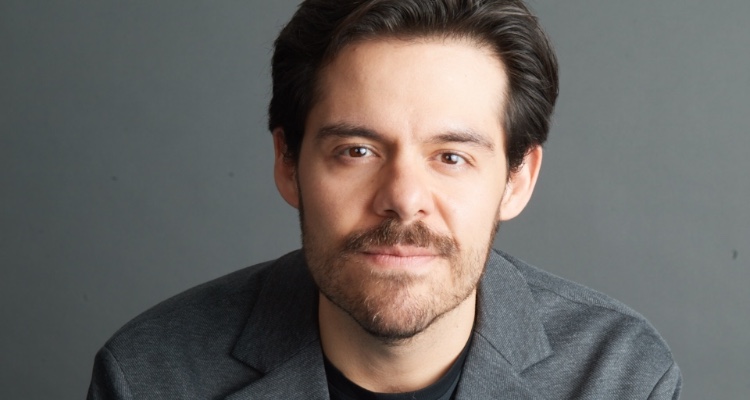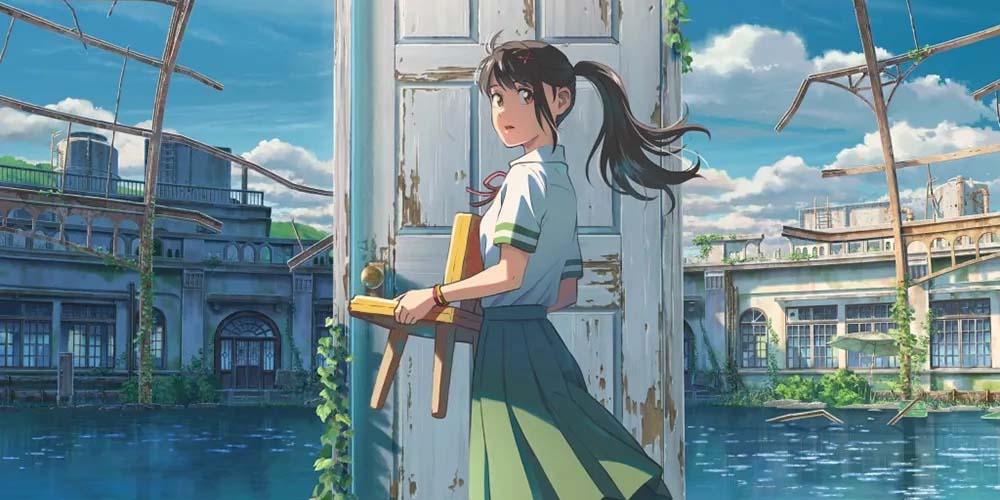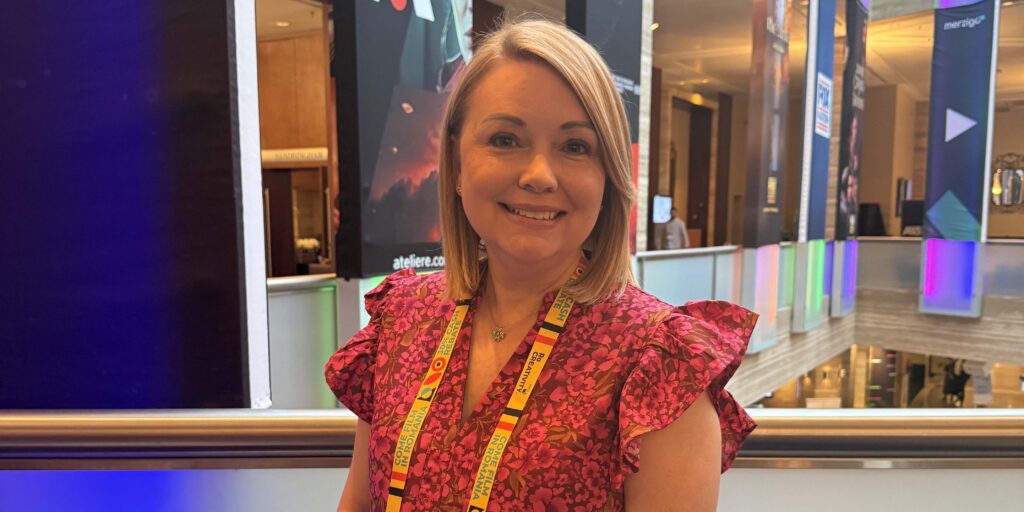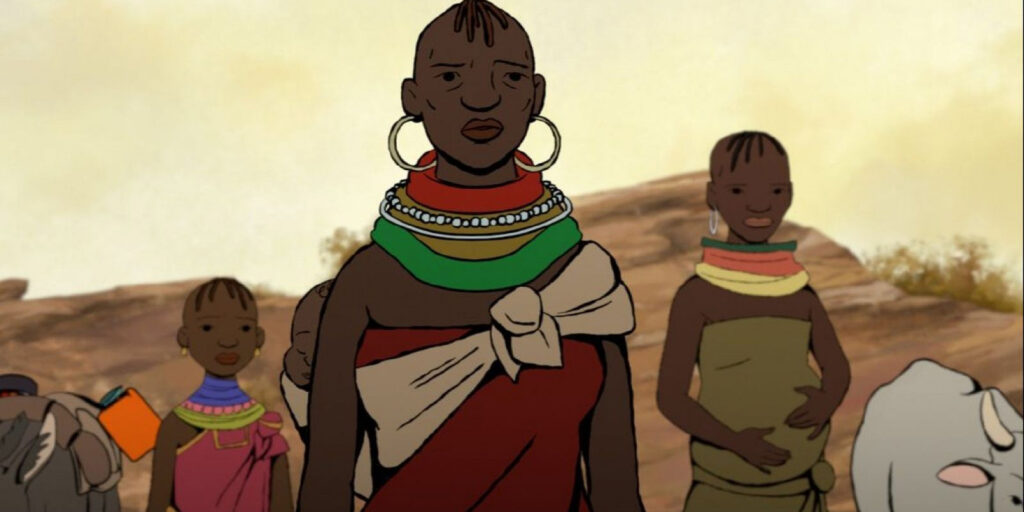Led by Caroline Haidacher, the history documentary unit is one of the most important at Austrian pubcaster ORF. Prensario interviews the executive to better understand its objectives, new productions and main topics developed in a marketplace where documentary and factual programming are very relevant for global platforms.
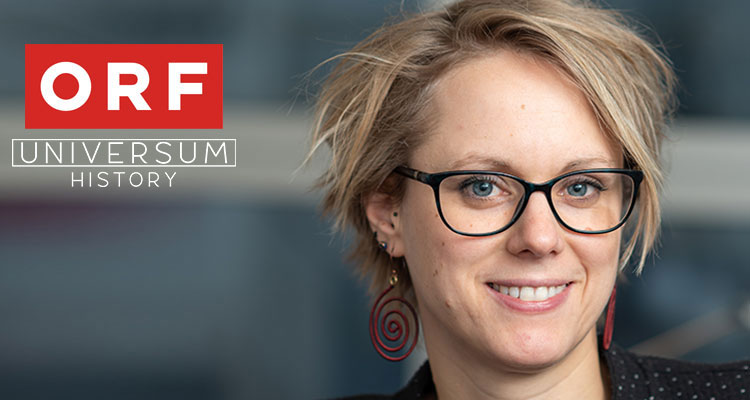
The documentary series UNIVERSUM History is a weekly show of 45 or 90 minutes, with around 45 slots per year, of which approximately 20 are licensed and 9-10 are co-productions with international partners. ‘It delves into significant turning points in history in gripping international documentaries. We investigate well-known and lesser-known historical stories that remain fascinating and relevant in the present day’, describes Haidacher.
Encompassing a variety of epochs, locations and themes, the documentaries explore the eventful history of Europe and Austria. State-of-the-art film technology and elaborate re-enactments bring moments of which there are no visual records to life, while internationally renowned experts and archive materials provide context and clarity. ‘Despite the difficult conditions during the past one and a half year, together with our partners, we finished various gripping documentaries with exciting new scientific revelations’, she adds.
Among the highlights of this season is 1278 – Battle for Europe, which shows the greatest cavalry battle ever seen on the European continent that took place on August 26 on the Marchfeld (Morava Field) in the east of today’s Lower Austria with the Habsburg German King Rudolph I and Přemyslid Ottkar II, the King of Bohemia. Directed by Fritz Kalteis, it had Interspot, ORF, CT and Arte as producers.
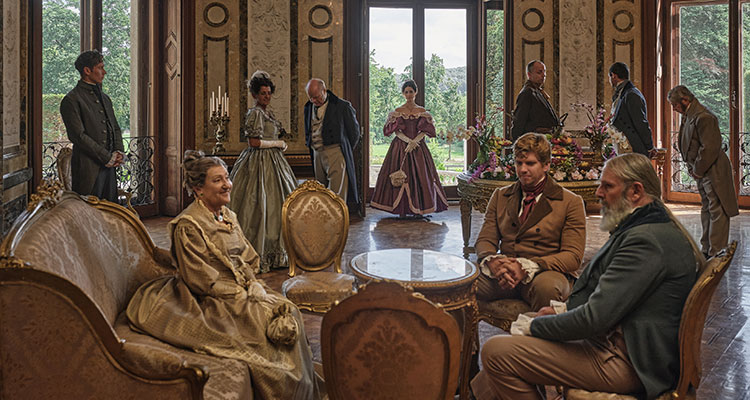
Coproduced by Metafilm, ORF and Arte, The Rothschild Legacy is a compelling docu-drama that examines the family’s history through the eyes of Miriam Rothschild, a renowned and respected scientist of the 20th century. Nazi persecution of the Rothschilds provides the impetus to explore the family archives and investigate the dynasty’s guiding principles – including the exclusion of women from business affairs, a decision that would have far-reaching consequences.
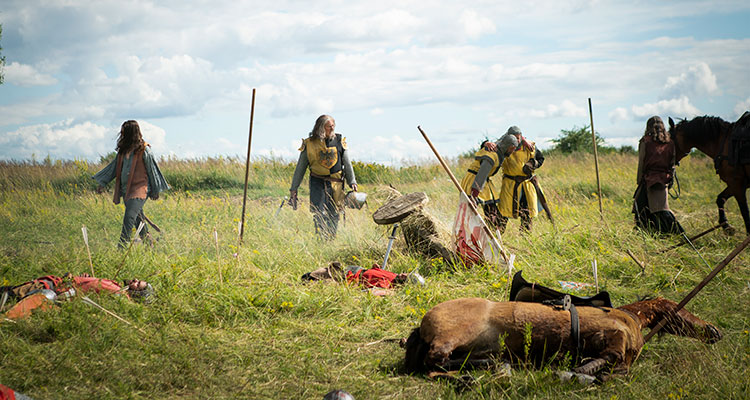
Lastly, from Epo-Film, ORF and Arte, Venus– The Naked Truth about one of the oldest works of art in human history: the Venus of Willendorf puts an end to outdated clichés and stereotypes, and the studies and findings of international experts lead to a new exciting reinterpretation of the Stone Age.
Haidacher: ‘Docs demand goes towards a very broad range of topics and approaches, addressing a specific audience with every project. Diversity is an absolute must, regardless of the subject matter: diversity in gender, race, culture, age, but also in the historical approach, moving away from a Eurocentric view on History. There is still a lot of work to be done. At ORF, we found it very fruitful to get inspiration from a new generation of historians, who bring fresh ideas and perspectives into our projects’.
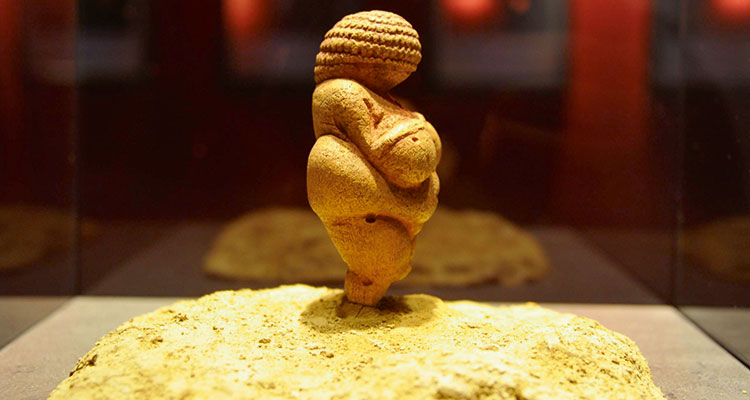
‘Furthermore, the audience expects public broadcasters to focus on locally relevant aspects. In the future, it will be even more required to sharpen local issues within broad and global topics and to provide specifically customized versions to each broadcaster that is participating in a coproduction’, she remarks.
‘The pandemic has been a challenge for everyone, but it has also brought up new opportunities. This is the case for historical documentaries: our audience has grown during the past year and a half and the demand for reliable information was enormous. The crisis has sparked tremendous interest in history, also among younger viewers. Clearly, many answers to the questions we have about current developments can be found in the past. And this is what we as a public broadcaster aim to provide: stories about moments of change or crisis that questioned existing systems, turning points in history that twisted the everyday lives of people and forced them to act. Stories of individuals that shaped the outcome of those crisis, narratives that touch us and at the same time also teach us. We have especially seen an increasing interest in contemporary history in the 2nd half of the 20th Century – stories with unconventional approaches and a strong focus on women’s perspectives’, describes the executive.
And she concludes: ‘No need to mention that the future is the Internet. For us, this means that we have to become highly flexible regarding approach and style, but especially in length. A production will provide the material for various clips on different platforms, each one tailored for the specific demands of the respective audience. The aim is to address the interests of young viewers, and there is no other way than reaching out online’.

